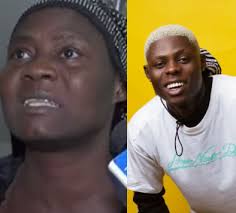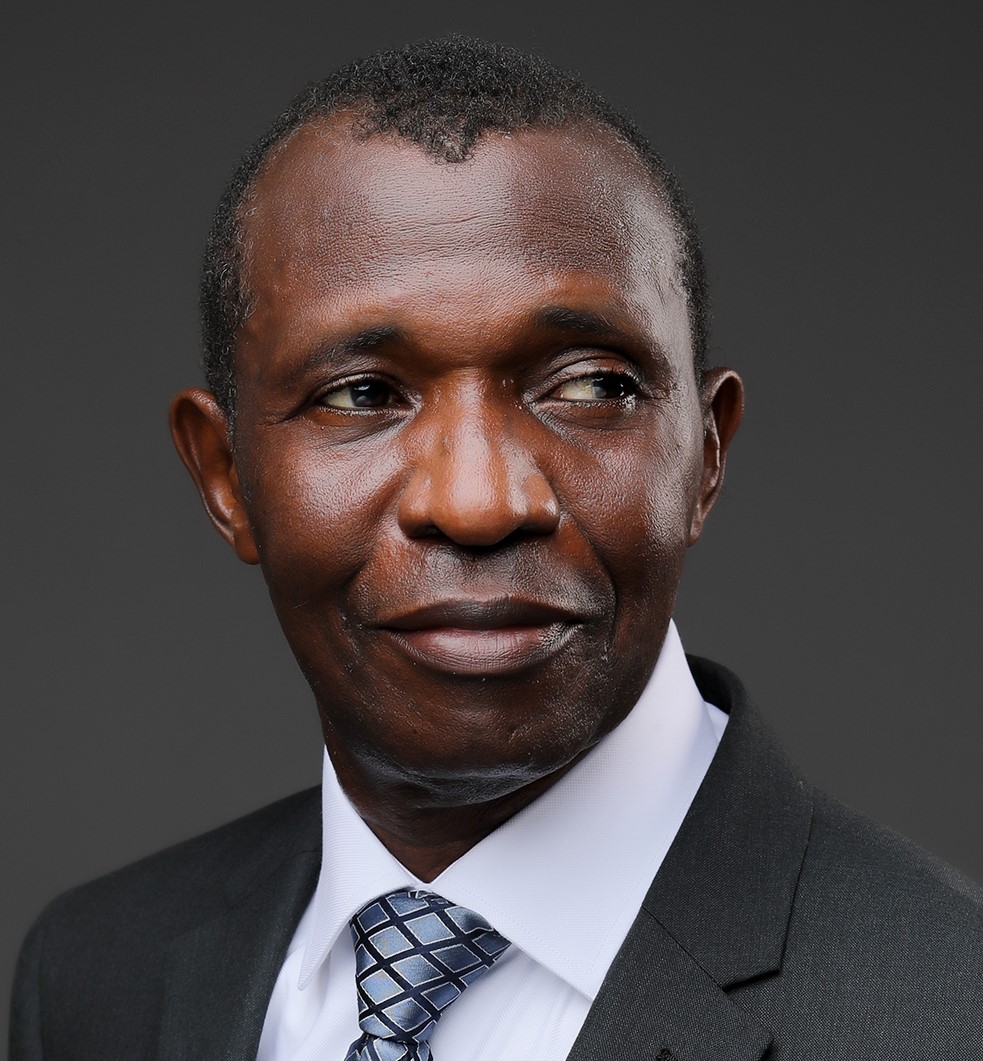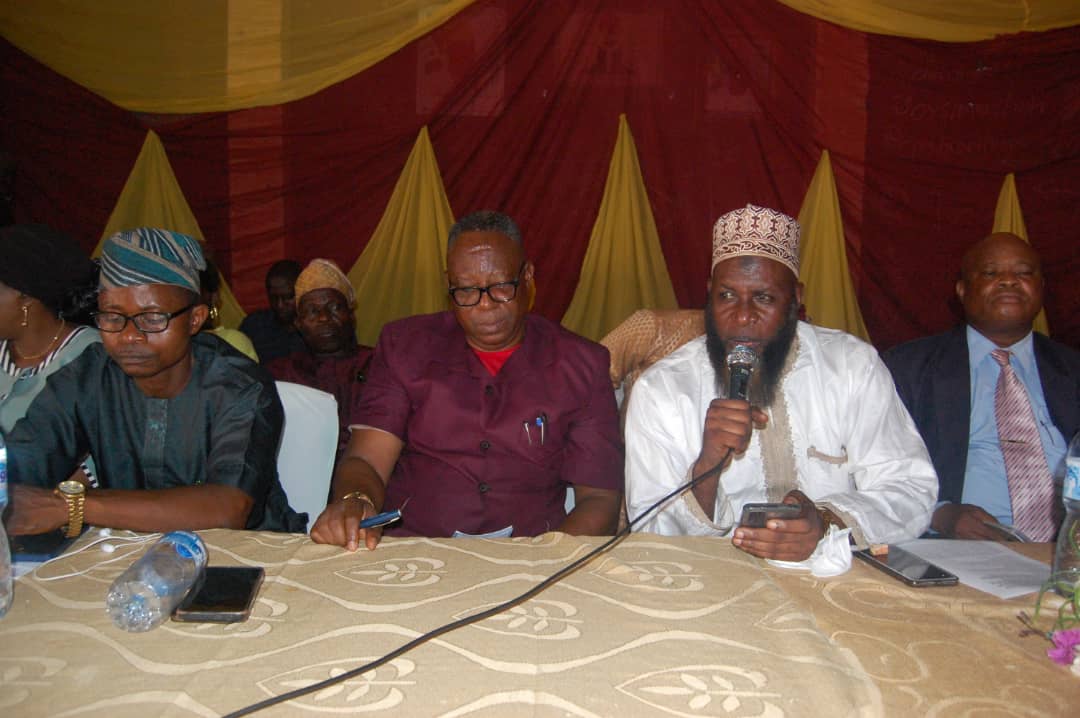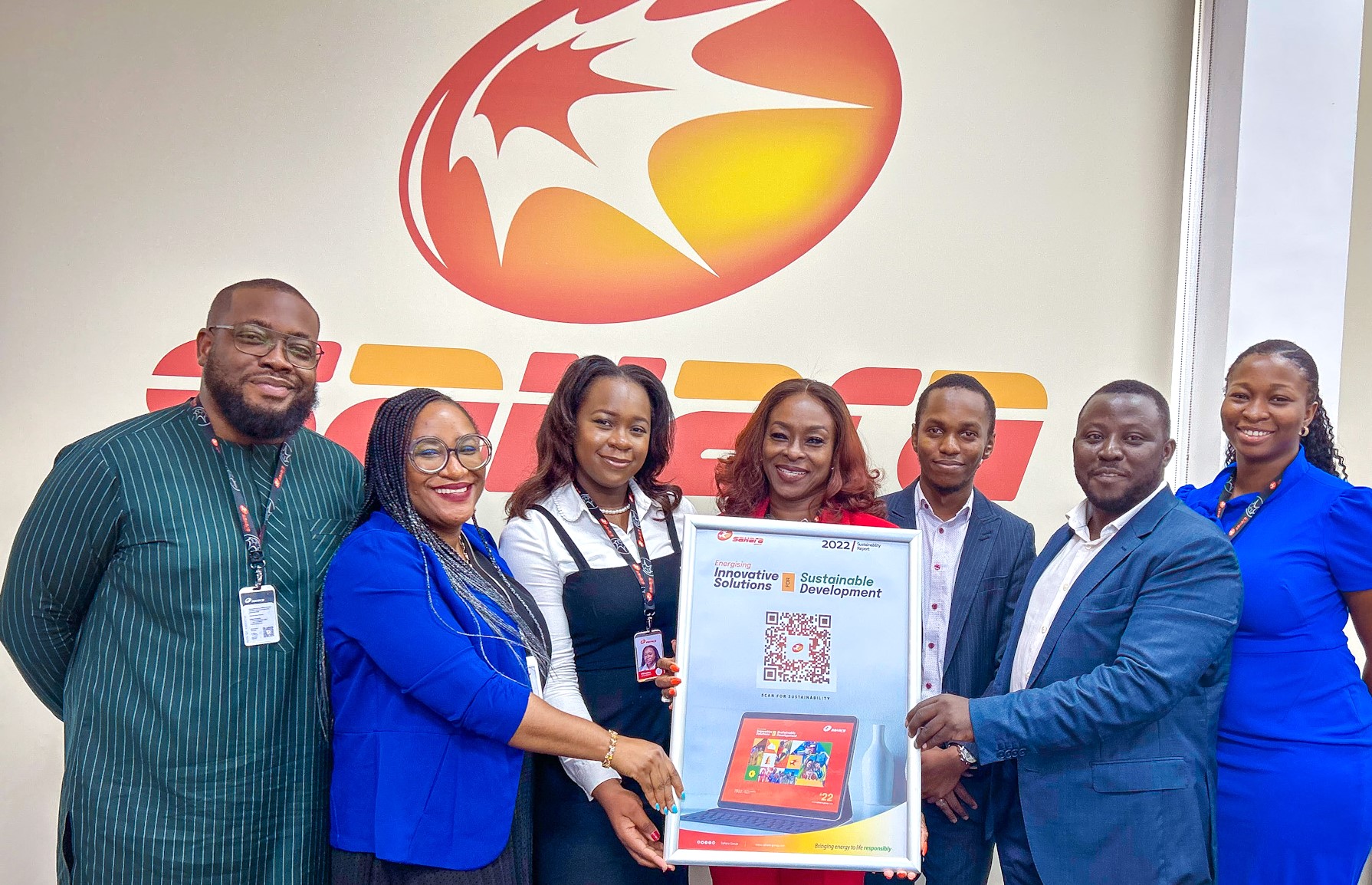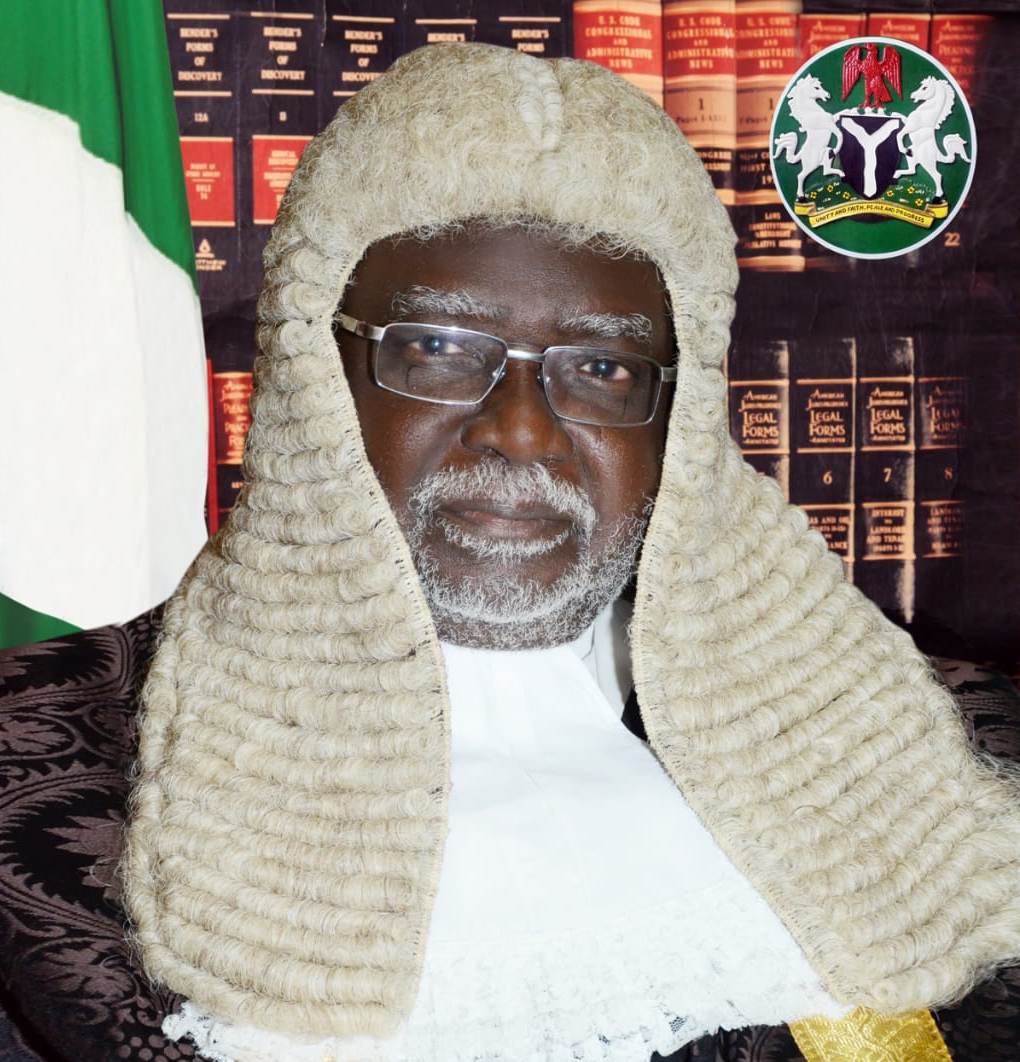
NERC Enforces Accident Penalties
Mohammed Shosanya The Nigerian Electricity Regulatory Commission (NERC) has declared a zero-tolerance policy for accidents within the Nigeria Electricity Supply Industry (NESI) operational network. Dafe Akpeneye, NERC Commissioner, Legal, Licencing & Compliance,who


